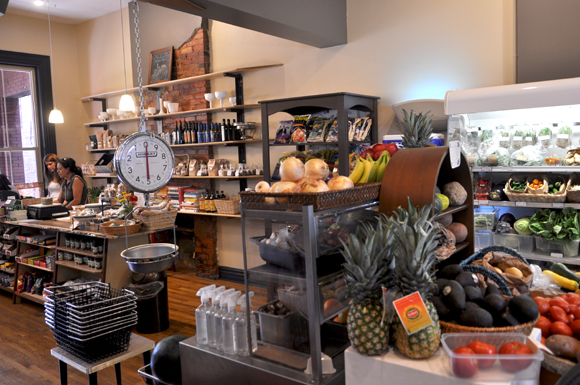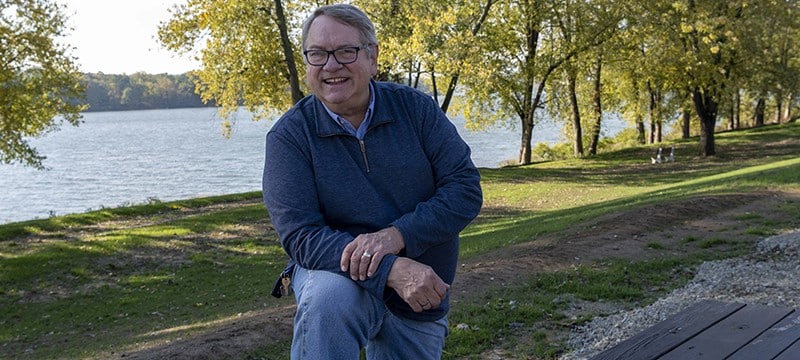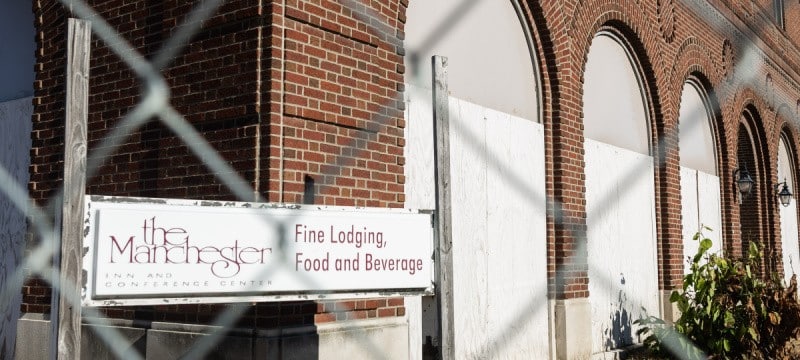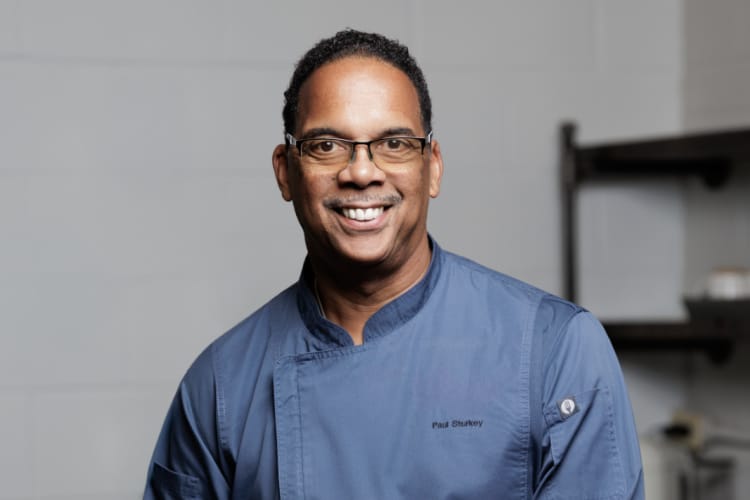Food Congress about building better, healthier communities
While Americans continue to talk about the unhealthy side effects of conventional food systems, hundreds of people in Cincinnati are working to create a homegrown alternative in their communities.Some of them are farmers and ecological food advocates who bring healthy, sustainably produced food to consumers. Others hope to bring fresh food to people in urban areas who don’t have access to it at all, regardless of how it was grown. Though they often share common goals, many of these entities and individuals are too busy to even know the other exists.In a continued effort to bring the different cogs of Cincinnati’s food network together, the Food Congress is hosting its third annual conference this Saturday. There, dozens of Cincinnati food advocates, farmers, processors and distributors will gather to talk about the economic costs and benefits of building a regional food economy here, and serving the under served in the process. “The food congress provides the opportunity for different organizations to capitalize on one another’s efforts,” the event’s organizer Clare Norwood said. “It is networking but it’s also info sharing, because most organizations are often too busy to focus on what everyone else is doing.”Norwood said she hopes the conference will be able to provide food policy recommendations for City Council that are backed by evidence of the social and economic benefits that different food initiatives could bring to neighborhoods.This year’s conference will explore the costs and benefits of urban agriculture, the potential for a local value-added food processing industry, and opportunities to expand the region’s composting industry as well. It will also present major endeavors recently launched to bring healthy food to people in Cincinnati’s low-income corridors who have little or no access to it. National food justice expert Mari Gallagher will present a food balance study, commissioned by the Hamilton County Health Department and the Nutrition Council, that compares levels of food access in Cincinnati’s different neighborhoods. Tiffany McDowell, a programs director from the Center for Closing the Health Gap, will talk about a partnership her organization has undertaken with the National Food Trust aimed at solving food access problems in Cincinnati’s urban neighborhoods.Representatives from Marvin’s Organic Gardens and the US EPA will participate on a panel about composting. The owners of Green B.E.A.N Delivery and Sustain Brands will discuss food distribution models and value-added food processing. And farmers from Carriage House Farms, Wooden Shoe Gardens and Permaganic will talk about supporting local food producers.The conference is $10 to attend, which helps to pay for lunch provided by Picnic and Pantry. It will take place from 8:30 a.m. to 5 p.m. in the Community Design Center at the Niehoff Urban Studio in Corryville, an arm of UC’s DAAP program.Find more information here.Writer: Henry Sweets

While Americans continue to talk about the unhealthy side effects of conventional food systems, hundreds of people in Cincinnati are working to create a homegrown alternative in their communities.
Some of them are farmers and ecological food advocates who bring healthy, sustainably produced food to consumers. Others hope to bring fresh food to people in urban areas who don’t have access to it at all, regardless of how it was grown. Though they often share common goals, many of these entities and individuals are too busy to even know the other exists.
In a continued effort to bring the different cogs of Cincinnati’s food network together, the Food Congress is hosting its third annual conference this Saturday. There, dozens of Cincinnati food advocates, farmers, processors and distributors will gather to talk about the economic costs and benefits of building a regional food economy here, and serving the under served in the process.
“The food congress provides the opportunity for different organizations to capitalize on one another’s efforts,” the event’s organizer Clare Norwood said. “It is networking but it’s also info sharing, because most organizations are often too busy to focus on what everyone else is doing.”
Norwood said she hopes the conference will be able to provide food policy recommendations for City Council that are backed by evidence of the social and economic benefits that different food initiatives could bring to neighborhoods.
This year’s conference will explore the costs and benefits of urban agriculture, the potential for a local value-added food processing industry, and opportunities to expand the region’s composting industry as well. It will also present major endeavors recently launched to bring healthy food to people in Cincinnati’s low-income corridors who have little or no access to it.
National food justice expert Mari Gallagher will present a food balance study, commissioned by the Hamilton County Health Department and the Nutrition Council, that compares levels of food access in Cincinnati’s different neighborhoods. Tiffany McDowell, a programs director from the Center for Closing the Health Gap, will talk about a partnership her organization has undertaken with the National Food Trust aimed at solving food access problems in Cincinnati’s urban neighborhoods.
Representatives from Marvin’s Organic Gardens and the US EPA will participate on a panel about composting. The owners of Green B.E.A.N Delivery and Sustain Brands will discuss food distribution models and value-added food processing. And farmers from Carriage House Farms, Wooden Shoe Gardens and Permaganic will talk about supporting local food producers.
The conference is $10 to attend, which helps to pay for lunch provided by Picnic and Pantry. It will take place from 8:30 a.m. to 5 p.m. in the Community Design Center at the Niehoff Urban Studio in Corryville, an arm of UC’s DAAP program.
Find more information here.
Writer: Henry Sweets














